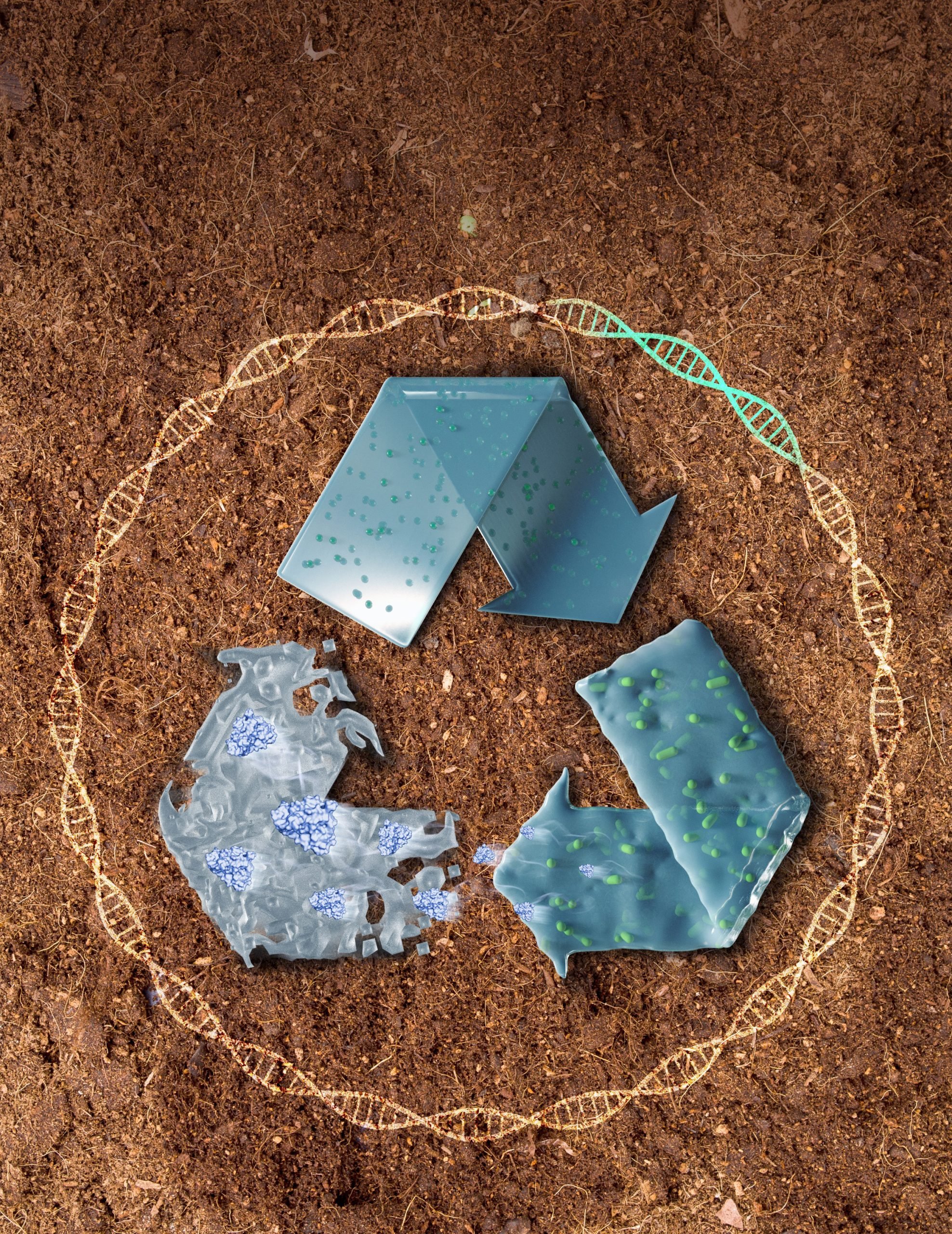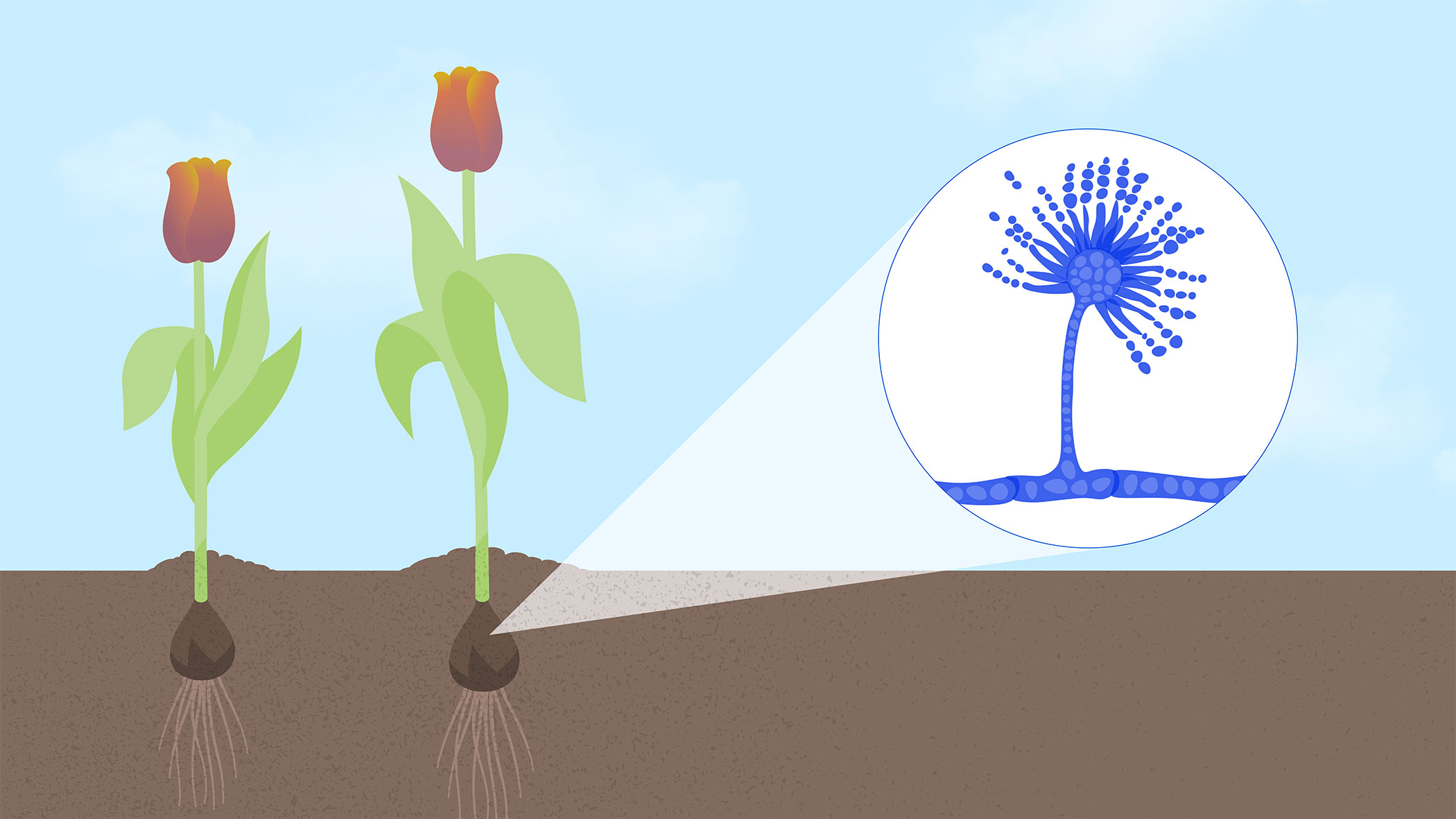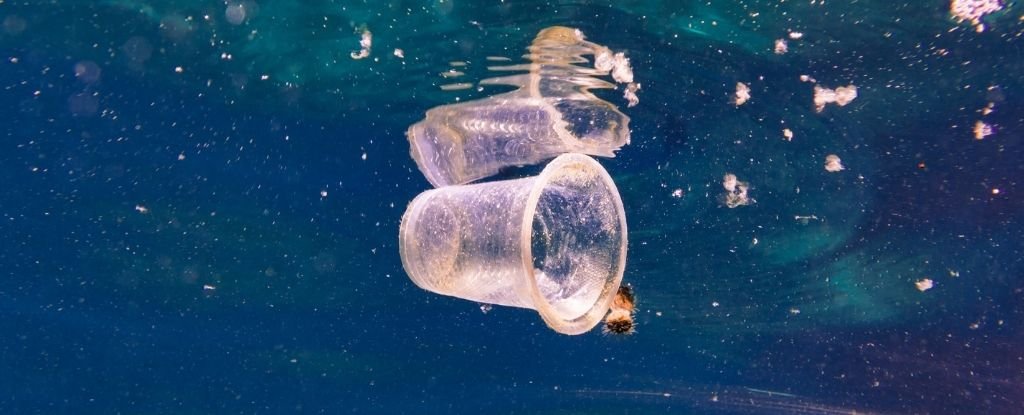
Compost
Compost is a mixture of ingredients used as plant fertilizer and improve soil physical, chemical and biological properties. It is commonly prepared by decomposing plant, food waste, recycling organic materials and manure. The resulting mixture is rich in plant nutrients and beneficial organisms, such as bacteria, protozoa, nematodes and fungi. Compost improves soil fertility in gardens, landscaping, horticulture, urban agriculture, and organic farming, reducing dependency on commercial chemical fertilizers. The benefits of compost include providing nutrients to crops as fertilizer, acting as a soil conditioner, increasing the humus or humic acid contents of the soil, and introducing beneficial microbes of that help to suppress pathogens in the soil and reduce soil-borne diseases. At the simplest level, composting requires gathering a mix of 'greens' and 'browns'. Greens are materials rich in nitrogen such as leaves, grass, and food scraps.




.jpg)
